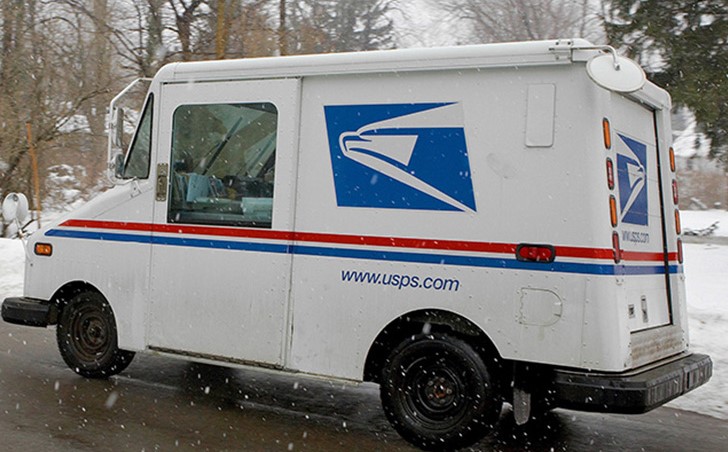Opinion and Commentary By Donna Westfall – December 24, 2024 – picture credit to USPS
I’m all for downsizing the government whether it’s Federal, State or Local. The larger it’s gotten, the more taxpayers have to pay and in my opinion, the benefits don’t outweigh the costs. Having people in positions of taking a hard look at reducing government costs like Trump, Musk and Ramaswany makes me very happy.
Let’s start at the beginning and that would be The Post Office Act of 1792, which made the Postal Service a permanent fixture of the Federal Government. They have a legal monopoly on delivering mail. There’s over 600,000 employees of the Postal System. Revenue for 2023 was over $78 billion and the USPS was operating in the red. Not just operating in the red for the last year but for the last decade to the tune of $69 billion.
Lately, President-elect Trump has suggested privatizing the post office. It seems reasonable that the taxpayers could benefit largely by this move because in 232 years, the costs have grown and grown, yet delivery mail is down due to competition by UPS, FedEx, DHL, other companies along with highly successful alternatives and options like email, Facebook and internet bill paying.
With the increase of computers and mobile phones, the ease of paying bills without having to write checks and having to mail them has caused mail volume to plunge. Yet pensions (a lot unfunded), benefits and salaries are larger than those paid to UPS or FedEx.
Would there be some changes if the USPS is privatized?
- Would people still be prosecuted for opening or stealing other peoples mail? Yep.
- Would some smaller post offices be closed? Yep.
- Could there be fewer delivery days? Yep.
- Instead of delivering to each mail box, could there be a more communal spot for picking up mail? Yep.
Congresswoman Marjorie Taylor Greene (R-GA) says this, “American taxpayers should not be subsidizing an organization that is losing billions every single year. Trump is right, privatizing the post office would be a significant way to cut waste and allow a private company to generate efficiencies the Postmaster General seems incapable of producing.”



Congresswoman Marjorie Taylor Greene (R-GA) is a space cadet and doesn’t know what she is talking about. The Postal Service has been a non-profit organization since 1970 and it supports itself. In 2006 republicans and GW Bush attempted to sabotage the Postal Service by making a law that required the Postal Service to deposit billions of dollars every year into a trust fund to pay for postal workers retirement health for 75 years in the future. This caused the Postal Service to lose money. That law was changed last year with the Postal Reform act. Also GW Bush created the Medicare advantage scam which is allowing private insurance companies to steal billions from Medicare. And they are still doing it now.
Don’t think this Postmaster General, who has a conflict of interest, is helping. Seems since he was appointed my mail has been screwed up. Recently we ordered chicks. Because mail slow only 5 out of 10 survived. The last order left Wednesday and got here Sunday, all 15 dead. That was just recently. Mail sits in one place or goes from So Ca to Portland then makes it’s way down Oregon coast. His first act was to destroy millions of dollars in sorting machines.
That is right. He is not helping. He was appointed by Trump after he donated 2 million to Trump’s campaign.
Wasn’t the Post Office privatized in 1970 when it became the United States Postal Service? How do the changes instituted in 1970 differ from privatization?